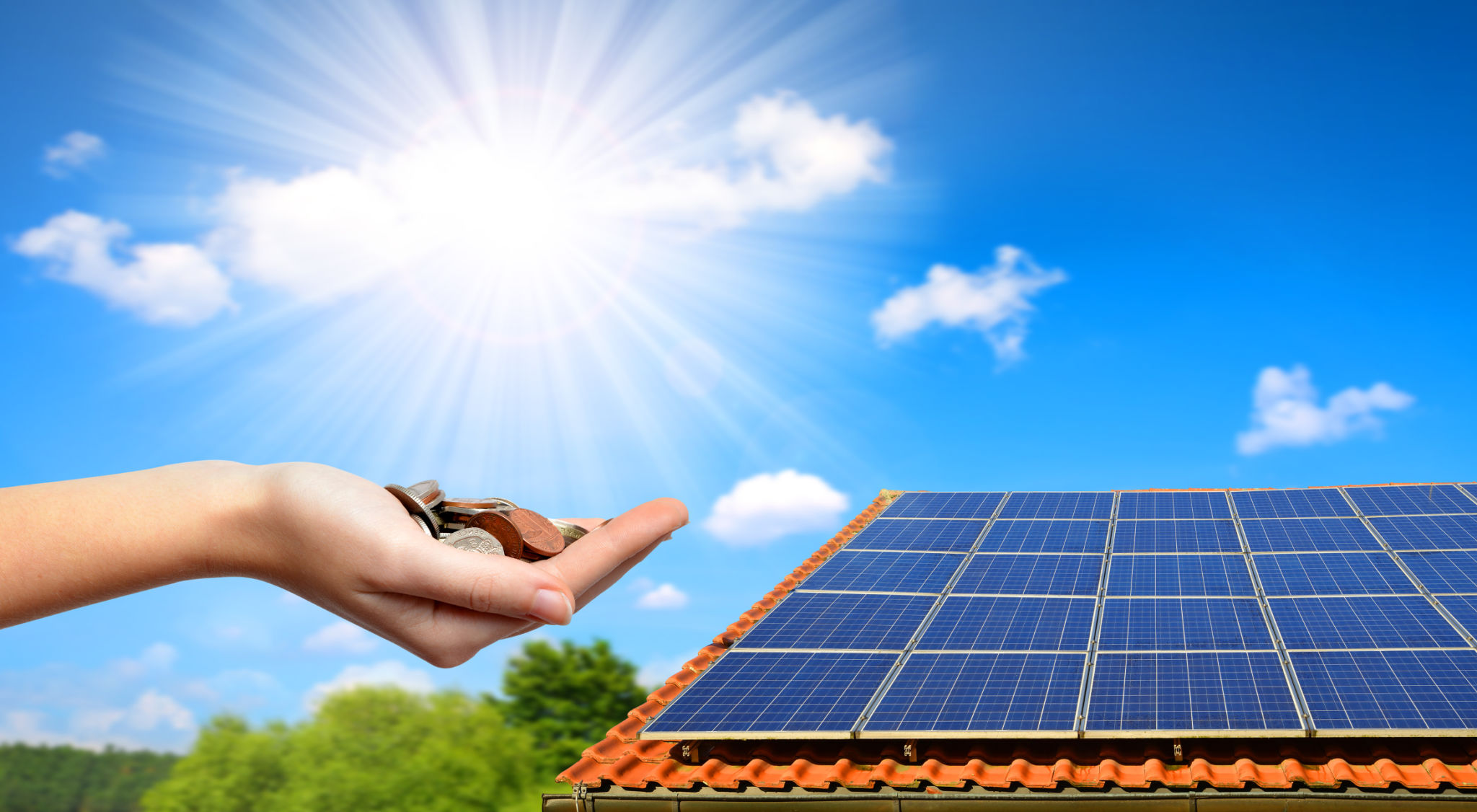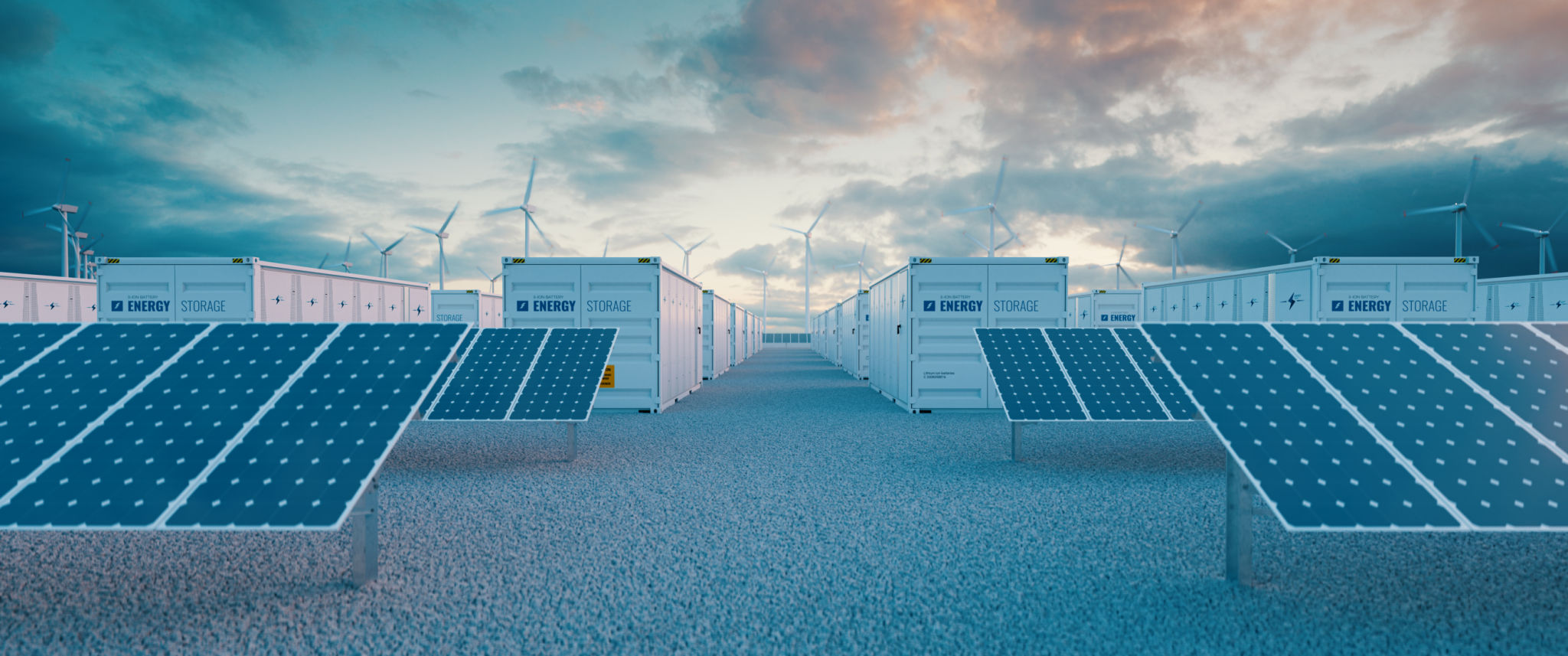Debunking Common Myths About Solar Energy
Understanding Solar Energy: Dispelling the Misconceptions
As the world moves towards renewable energy sources, solar power is often at the forefront of discussions. However, despite its growing popularity, several myths continue to cloud public perception. In this post, we aim to debunk some of the most common myths about solar energy and provide clarity on this sustainable power source.

Myth 1: Solar Panels Don't Work in Cloudy or Cold Climates
A prevalent misconception is that solar panels are ineffective in areas with less sunshine or colder climates. While it's true that solar panels perform best in direct sunlight, they can still generate electricity on overcast days. In fact, countries like Germany, which have more cloudy days than sunny ones, are among the world leaders in solar energy production. Moreover, solar panels can be more efficient in cooler temperatures because excessive heat can reduce their efficiency.
Myth 2: Solar Energy Is Too Expensive
Another common myth is that solar energy is unaffordable for most people. While the initial installation costs can be high, prices have dropped significantly over the past decade due to technological advancements and increased competition. Additionally, government incentives and tax credits can make solar energy more accessible. Over time, the savings on electricity bills often offset the initial investment, making solar energy a cost-effective solution in the long run.

Myth 3: Solar Panels Require a Lot of Maintenance
Some believe that maintaining solar panels is a cumbersome task. On the contrary, solar panels are quite durable and require minimal maintenance. Regular cleaning to remove dust and debris is usually sufficient to keep them operating efficiently. Many manufacturers offer warranties that cover the panels for 20-25 years, ensuring their longevity and reliability.
Myth 4: Solar Energy Is Not Reliable
A common concern is that solar energy cannot provide a consistent power supply due to its dependence on sunlight. However, advancements in storage technology, such as batteries, allow excess energy generated during sunny periods to be stored for use when sunlight is not available. This ensures a steady power supply regardless of the time of day or weather conditions.

Myth 5: Solar Panels Are Harmful to the Environment
Some argue that the manufacturing process of solar panels is harmful to the environment. While there is an environmental impact associated with manufacturing, solar panels produce clean energy throughout their lifespan, significantly offsetting their initial carbon footprint. Additionally, many companies are adopting greener manufacturing processes to further reduce their environmental impact.
The Future of Solar Energy
As we move towards a more sustainable future, it’s crucial to address and debunk these myths about solar energy. By understanding the realities of solar power, individuals and businesses can make informed decisions about transitioning to renewable energy sources. The benefits of solar energy are vast and undeniable, contributing not only to environmental conservation but also to economic savings.
Ultimately, embracing solar energy is a step towards a cleaner and more sustainable future. As technology continues to advance and awareness grows, these myths will gradually fade, paving the way for wider adoption of this eco-friendly energy source.
